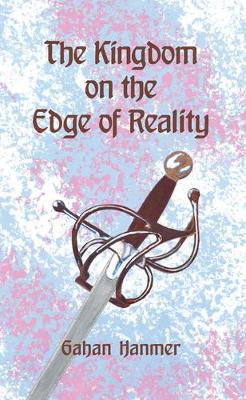Reviewed by kimbacaffeinate on
Protagonist Jack Darcey is the hero in this novel. When we meet Jack, he is at a crossroads in his life. He is down on his luck and unsure which road to travel next. His old friend from prep school, Albert, sends an employee to deliver Jack to his home. Albert spins a tale about the kingdom he has created in the woods of Canada. He urges Jack to join him. Jack finds the kingdom is isolated from the outside world as a helicopter delivers him. Here he finds a kingdom complete with a grand castle. There is no electricity, a dungeon and a monastery. He finds farmers and skilled workers to perform all sorts of tasks. The monks teach school and run a hospital of sorts. Just as Sir Jack, now a knight begins to enjoy this medieval life, conflict brews and a battle breaks out. A prediction is made that Sir Jack can save the kingdom and the tale that unfolds is fascinating and at times dark.
I didn't love Jack, but he ultimately tries to do right. Jack really takes to this medieval life and as a knight he truly looks out for all the people of the kingdom. His journey of self-discovery while painful was enlightening. At times I wanted to shake him and his actions annoyed me. Duke Hawke someone from Jack’s past wants to rule the kingdom. I cannot help but wonder if Albert didn't deliberately set up this chess game. I would have liked to have seen some of the characters more fleshed out, and some of the conversations seemed awkward. The tale was filled with good and evil characters. Sadly even in this utopia; greed, jealousy and politics still exists.
Hanmer world-building was delightful and the tale he spun interesting. He weaves a tale, all while posing the questions, "Are we losing our humanity as we become more connected?” His depiction of time spent in a dungeon felt genuine and was eerie. I find this time period romantic, but would miss modern inventions. While I felt parts of this tale were flawed, I enjoyed the overall story.
Reading updates
- Started reading
- 12 April, 2012: Finished reading
- 12 April, 2012: Reviewed
